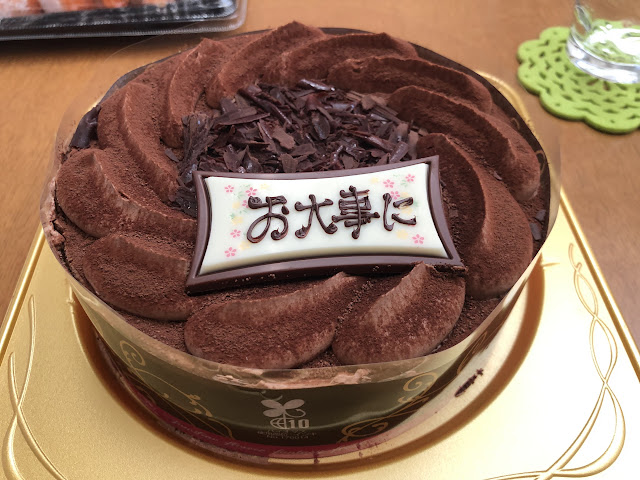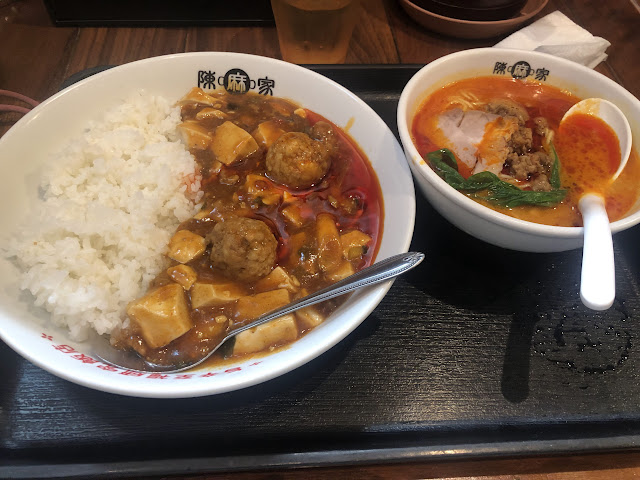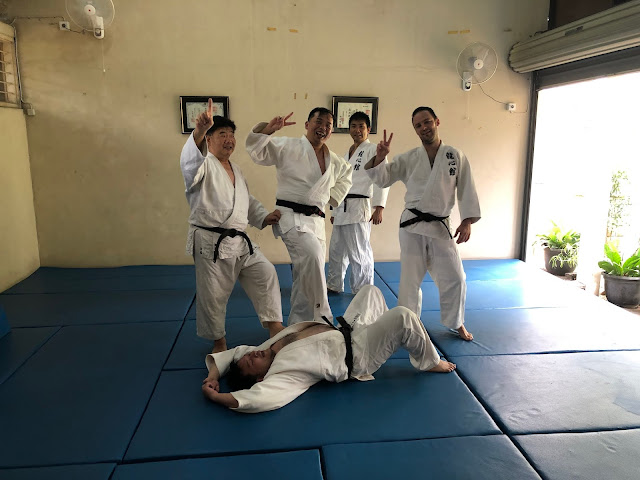台湾からの風。横浜で生まれる国際交流 Training Across Borders: Taiwan Meets Yokohama Tatami

台湾からの風|A Breeze from Taiwan 台湾からの風 グランドスラム東京を目前に、世界中の柔道家が日本へ集まりはじめています。
その熱気が高まる中、今年も台湾ナショナルチームの劉監督が、私たち土曜柔道会へ出稽古に来てくれました。 With the Grand Slam Tokyo just around the corner, judoka from around the world have begun arriving in Japan. Amidst this rising excitement, once again this year, Coach Liu of the Taiwan National Team came to train with us at the Saturday Judo Club. 劉監督は、世界マスターズチャンピオン。
そして指導者としても五輪、世界選手権メダリストを育て上げた、世界屈指の名コーチ。 Coach Liu is a World Masters Champion. As a coach, he has developed numerous Olympic and World Championship medalists, making him one of the world’s top instructors. 彼の柔道に向き合う姿勢、技術への信念、そして選手を育てる視点。
どれもが圧倒的で、私たちにとって学ぶべき点ばかり。
毎年こうして横浜の同じ畳で息を合わせ、一緒に稽古ができること――
それ自体が、すでに贅沢で特別な時間です。 His dedication to judo, unwavering belief in technique, and perspective on nurturing athletes are all remarkable, offering us countless lessons. Being able to synchronize and train together on the same tatami here in Yokohama each year is, in itself, a luxurious an...


